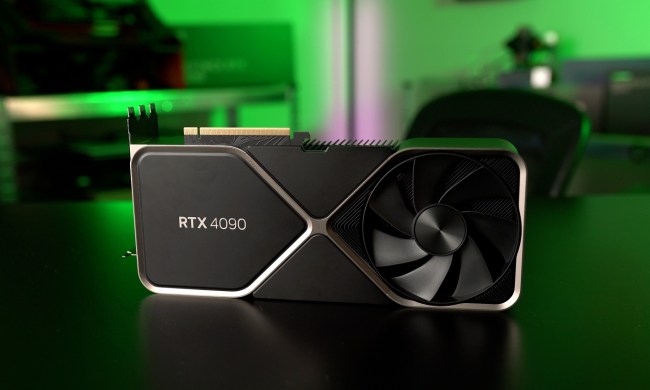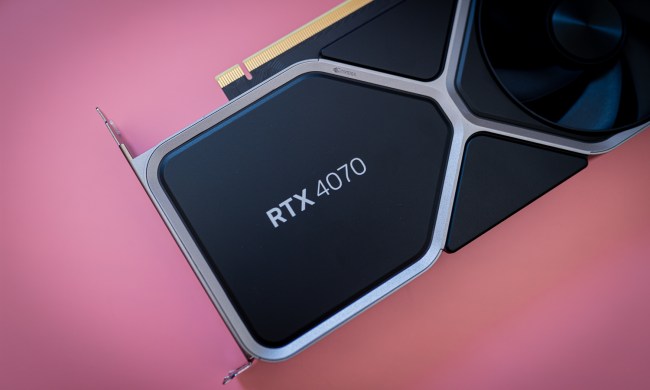To achieve this, Audi will leverage Nvidia’s expertise in artificial intelligence, the fruits of which are already being shown at CES. Audi’s Q7 Piloted Driving Concept is fitted with Nvidia’s Drive PX 2 processor and after only four days of “training,” the vehicle is already driving itself over a complex road course. This is due to the Drive PX 2’s incredible ability to learn on the go, which is a far cry from the first driverless cars that needed pre-mapped routes to function properly.
“Nvidia is pioneering the use of deep learning AI to revolutionize transportation,” Nvidia CEO Jen-Hsun Huang said. “Audi’s adoption of our Drive computing platform will accelerate the introduction of next-generation automated vehicles, moving us closer to a future of greater driving safety and new mobility services.”

In this instance, the fully automated 2020 goal refers to Level 4 autonomy, which is defined by the Society of Automotive Engineers as, “Specific performance by an automated driving system of all aspects of the dynamic driving task, even if a human driver does not respond appropriately to a request to intervene.” In layman’s terms, that means a Level 4 car can operate independently and perform all safety-critical driving functions, however, the driver may have to take over in certain conditions such as rough dirt roads.
Before 2020 rolls around, Audi will introduce the world’s first Level 3 autonomous car with the next-generation A8. While a Level 4 vehicle can drive itself in nearly any environment, a Level 3 car requires more human intervention and only acts autonomously in certain situations such as highway driving. As far as the A8 goes, the vehicle will be fitted with Traffic Jam Pilot, which will allow the driver to hand over steering, throttle, and braking control to the computer at speeds up to 35 mph.
In addition to the Audi announcement, Nvidia is adding significant capability to its current Drive PX system in the form of an AI Co-Pilot. Intended to monitor as well as assist the driver, the Co-Pilot can keep an eye on your mental state by mapping your face to detect your mood, tracking your eyes to make sure you’re not distracted, and even reading your lips to receive instructions when the music’s blaring.
Will an AI Co-Pilot be helpful or distracting? Does it give you 2001: A Space Odyssey flashbacks? Let us know your thoughts in the comments.



